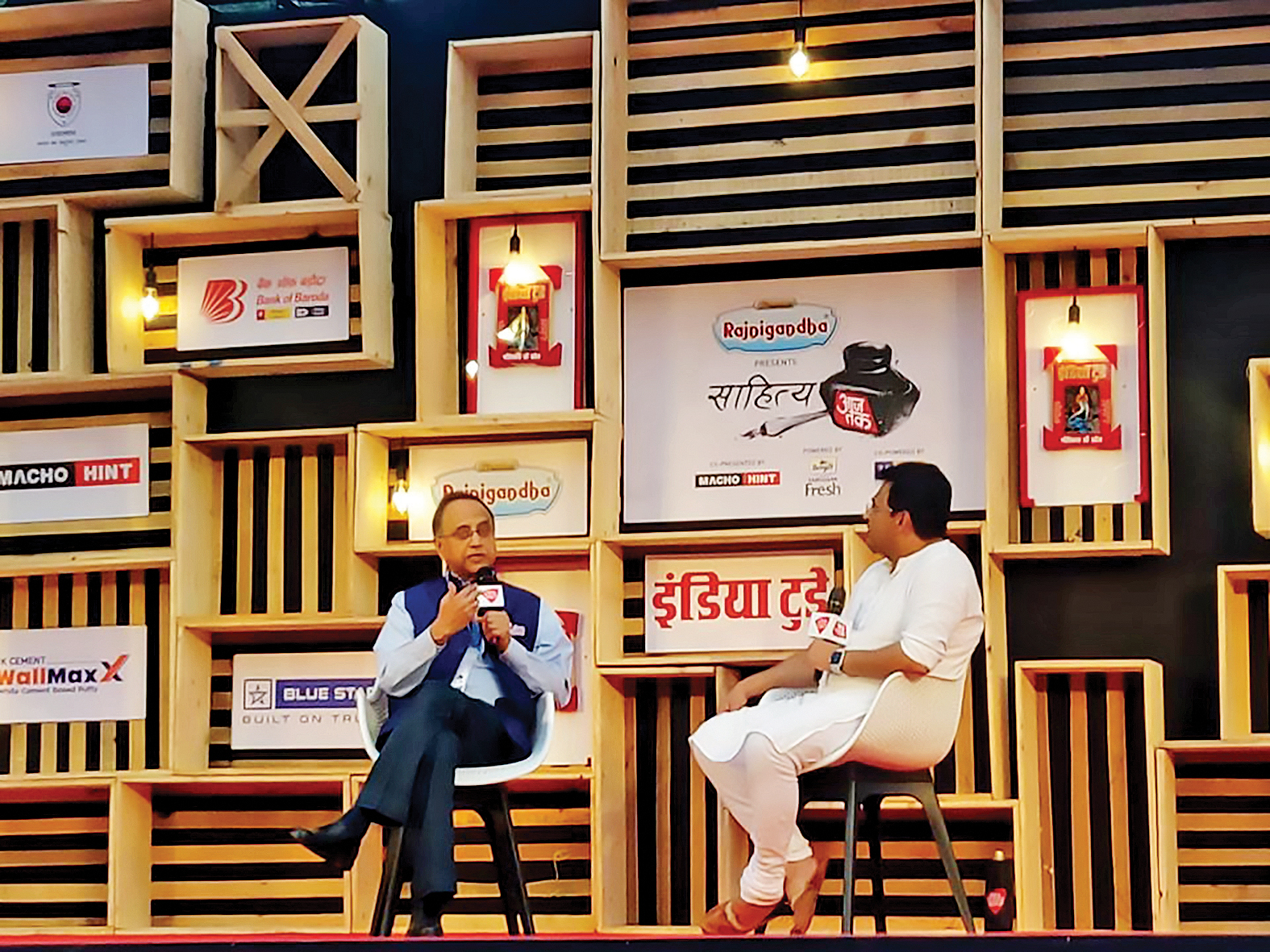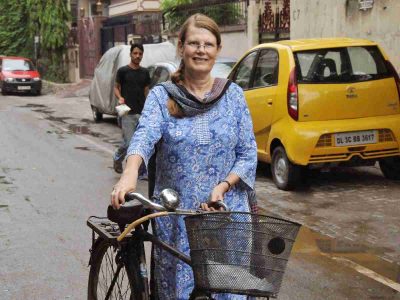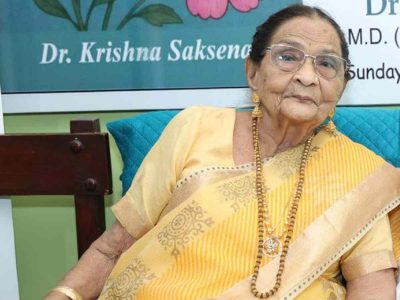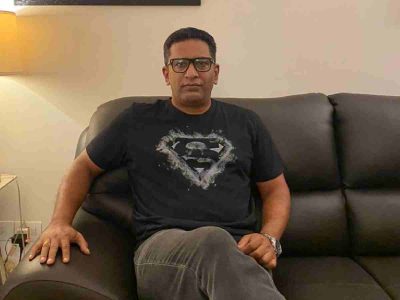Neeraj Kumar, former police commissioner of Delhi, now an author, gives insights into the working of the police and how things go wrong
Neeraj Kumar has had an illustrious career as a police officer. He was Delhi’s Police Commissioner, served in various capacities in CBI, and has investigated terror and cricket betting cases amongst host of other significant issues. He recently completed his tenure as the chief advisor to the BCCI for the Anti-Corruption and Security Unit. He talks without filters about conflict between police and lawyers, lack of leadership, and his new career as a writer. There are two bestsellers to his credit: Dial ‘D’ For Don and more recently, Khaki Files.`
- So many people have made a career writing about crime, sometimes is difficult to distinguish fact from fiction. Your books help understand how police functions, the real story from the horse’s mouth.
It just happened. The force of circumstances was such that I had to put pen to paper. I am now again dealing with the pressure of a deadline. I would call my writing career as an unwanted pregnancy. I must say that I feel fairly perched — those feelings, information, experiences lying inside me, now I feel I have told them to the world. I have this pleasant feeling that this will remain after me, all these stories are for posterity.
- These books give a clear picture of how police functions. Also, you were consultant to the Netflix Series based on Nirbhaya rape and murder case.
I was at a book launch in Dehradun when you called me for this interview. Somebody told me something beautiful: A doctor saves a life, but if a terror attack is averted, many lives are saved. When we prevented a terror attack plot at India Gate (there’s a chapter in Khaki Files), we not only saved embarrassment to the nation but also prevented a possible war between India and Pakistan, because it happened soon after the Parliament terror attack when our Army was standing in all preparedness at the borders.
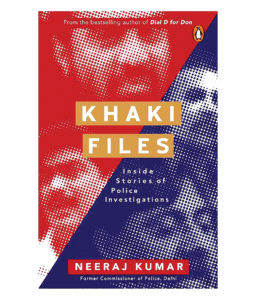
- The recent conflict between lawyers and police turned ugly, and the Delhi High Court suspended some police officers. How would you have dealt the situation? I see a crisis of leadership in Delhi Police.
I’m not aware of all the details of the matter, but one thing’s for sure: I would have challenged the decision of the Delhi High Court. Does the honourable court have the power to transfer police officers, or for that matter, public servants? Can the courts transfer the chief secretary of Delhi or the union home secretary? To the best of my knowledge, the high court has no jurisdiction in the administrative arena, at best they can recommend an administrative action. They cannot directly issue an order (to transfer officers).
Secondly, this order defies the principal of natural justice. A person cannot be condemned without giving a chance to explain. Grave injustice is done at every level. If I were the police commissioner, the force would not have felt leaderless. If no one speaks on their behalf, a feeling of demoralisation creeps in.
- Delhi Chief Minister Arvind Kejriwal keeps criticizing Delhi Police for having failed to keep city safe for women. There’s a lot of friction. Delhi Police has done little to improve relationship with the incumbent government.
This has been the case for a long, long time. When Nirbhaya case happened, the then chief minister (doesn’t name Sheila Dikshit), who belonged to the same party in power at the Centre and her son asked for my resignation. Under these circumstances, if media or people demonstrating make a similar demand, they are not at fault. Primary reason is that every state government that has come into power in Delhi always wanted police under its thumb, for the simple reason without the police they feel they have no authority. It is a fact, in this country the real authority is because of the police.
- How did you deal with it?
It’s a matter of history. I stood my ground. I never went public as a disciplined police officer. But I asked her in person, why have you done it? We have been socially so close, you have come to my daughter’s wedding, I have attended your family functions, what has gone wrong suddenly? She said you have taken action against only the lower ranks (of officers). I told her ‘Who told you? I have not taken action against anybody. If I start taking action against my people, who will investigate the case?’
I had the support of the Congress leadership at the Centre. Prime Minister (Manmohan Singh) had said that our police force has done no wrong. They have done a wonderful job by working out the case. I volunteered for a judicial enquiry against the police officers to pacify people.
- Police leadership now doesn’t seem to stand for their force.
It’s not just about communicating with the forces, but when it comes to the crunch, you hide in the background, and you don’t come forward to take the brunt of the attack, take it on your chest on behalf of the force, then you have not been a good leader.
- You have worked in various capacities in CBI; your elevation as CBI chief was denied as you have a mind of your own. CBI and ED are merely political tools; there has been erosion in their professionalism. Do you hold the leadership within CBI responsible for it?
You have already said it that they don’t like a person who has his/her own mind. Such a person will never become director of CBI. They carry out extensive background checks on the candidates. If they even get a hint of that so-and-so officer will not do their bidding, he is out of the race. There are examples after examples. They need officers who would follow order blindly. They will not appoint a person who will do the right thing — forget about right thing, the legal thing to be done. Then who’s to blame?

